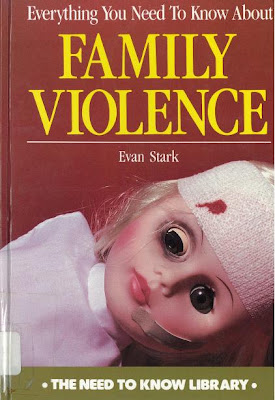





As I’m working on my Dating a Widower guide, I’ve been amazed how hard it is to find a good book cover designer. I posted an ad on Craigslist and so far have received about 50 emails—49 of which were deleted after seeing their online portfolio. Just because you know how to use Photoshop and/or Illustrator doesn’t make you a good designer. (I’ve made similar complaints about writers.)
To be fair, I’m probably hold designers to a higher standard than most people. Both my parents are artists. In addition, I’ve worked side-by-side with designers in corporate marketing environments for over a decade. During that time I’ve learned that finding someone who has a good eye for design—especially design that can help sell a product—is extremely difficult.
A book cover is a vital piece of marketing—especially for new or unknown authors. (Established, well-known authors can get away with an okay book cover because their name takes up half the cover space.) A good book cover should entice someone to pick it up and, at the very least, read the back jacket copy. Even with the growing popularity of e-books, an attractive cover can help make people take your book seriously.
Yet many authors and publishers put their heart and souls into making the inside of a book a well crafted while giving little or no thought to the cover. The result? The produce a product that people don’t want to be seen reading or assume is a self-published piece of garbage.
The books we read say a lot about who we are or who we think we are. If you’re embarrassed to be seen reading a book because of the cover, it doesn’t matter how good the content on the inside is, you won’t read it.
One example: Back in college I took a class where no one wanted to read one of the books on the syllabus because of the cover. Though the book was science fiction, the cover looked more like a Harlequin romance novel. And in a class that was 80 percent male, most didn’t want to be seen reading the book.
When it came time to discuss the book, the majority of the discussion revolved not around the book or the content but the different ways we had hid the cover while reading it. Some people made their own covers. Others would hide the book in another book so people would think they were reading that one. (I decided that hiding the cover was just too difficult. Instead I read it in my room late at night when no one would bother me.)
To some extent art is a matter of taste. You’re never going to produce a cover (or a novel) that everyone is going to like. But it is possible to create book covers that 95 percent of the general public will find repulsive.
So the search for a graphic designer continues. When I do find one, I hope most of you like what he or she will produce.




